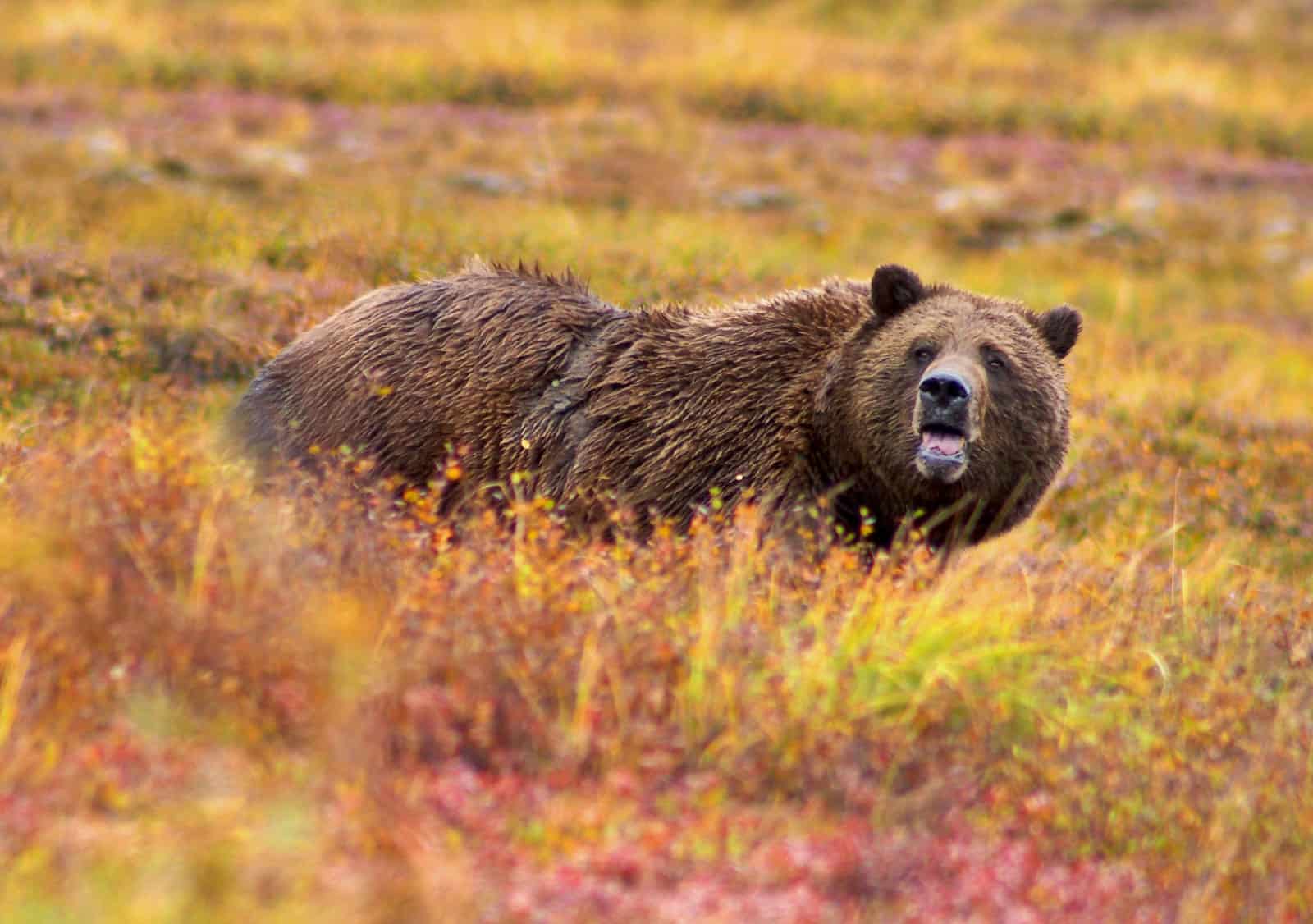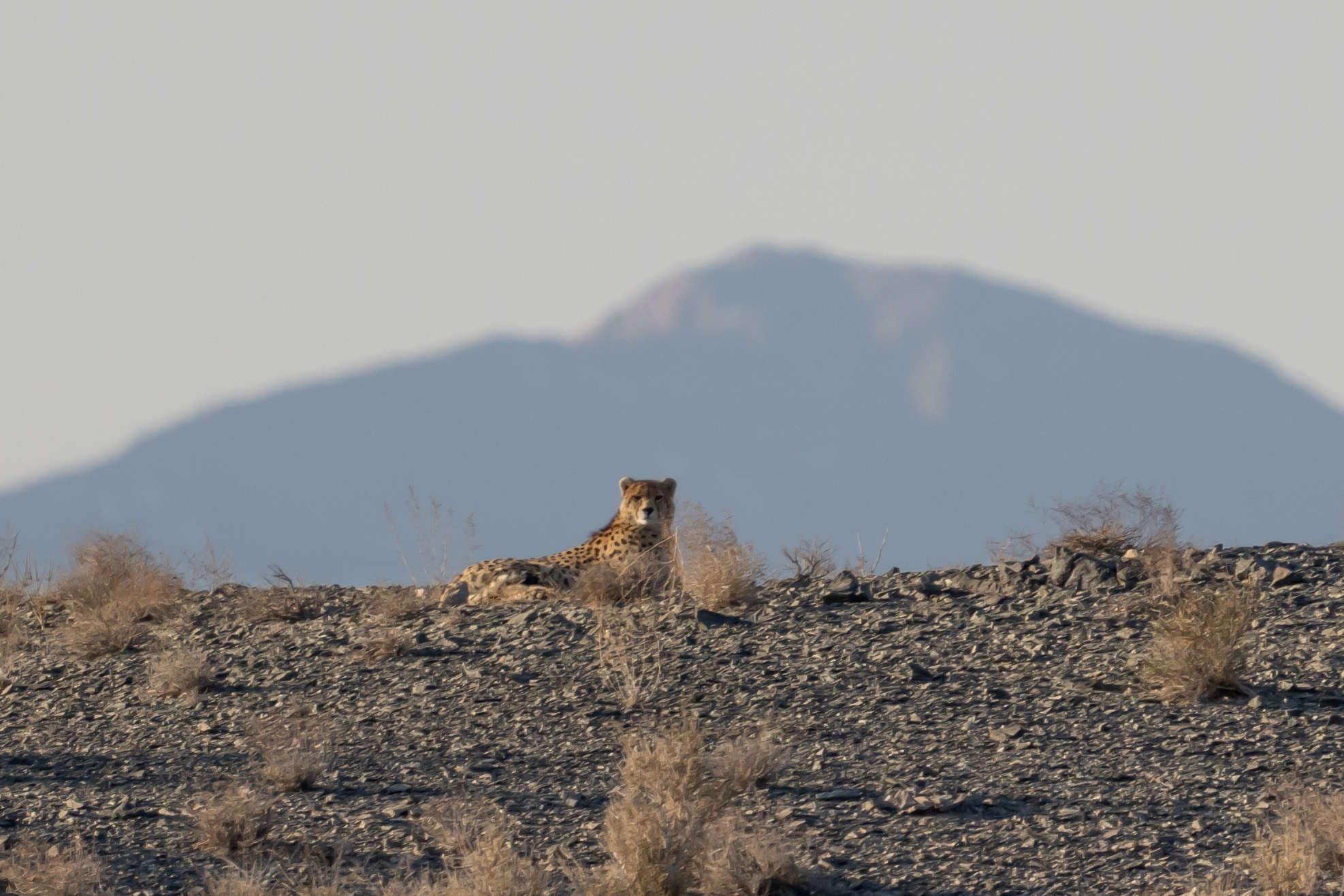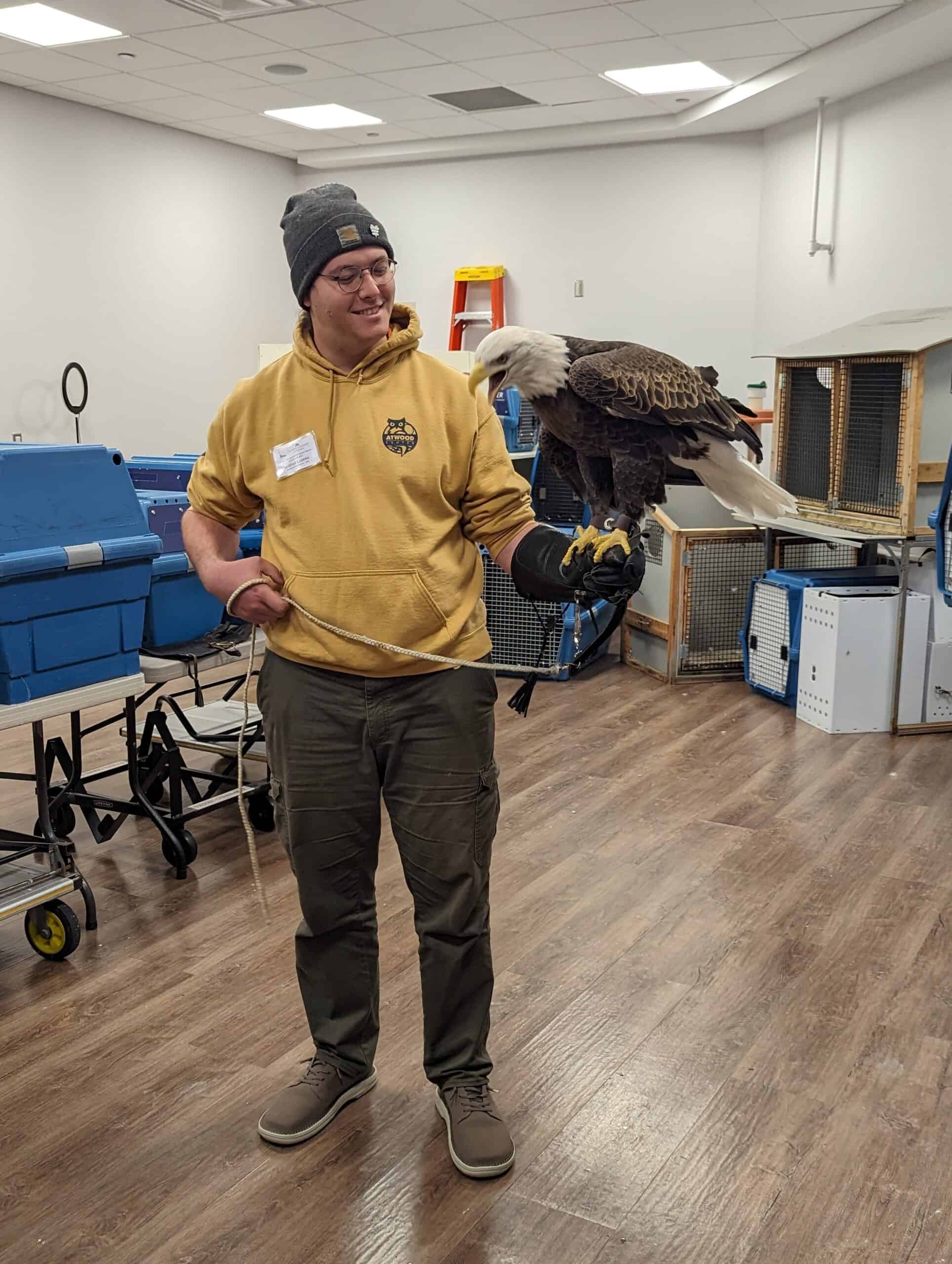Share this article
Court overturns DOJ’s McKittrick Policy
On Jun. 21, the U.S. District Court for the District of Arizona ruled in favor of WildEarth Guardians and the New Mexico Wilderness Alliance when it found that the government may only have to prove that an alleged defendant in an Endangered Species Act “take” case knew they were taking an animal, even if they had no prior knowledge that the animal they were taking was a species protected under ESA. This overturns the U.S. Department of Justice’s long-standing “McKittrick Policy,” which instructs attorneys to only prosecute ESA take cases if there is evidence that the alleged defendant knew the biological identity of the animal at the time of the take. Under ESA, take is defined as, “to harass, harm, pursue, hunt, shoot, wound, kill, trap, capture, or collect, or to attempt to engage in any such conduct” in regards to an ESA-listed species
In 1998, the Ninth Circuit Court of Appeals upheld Chad McKittrick’s conviction of a criminal misdemeanor for shooting an endangered Mexican gray wolf (Canis lupus baileyi) in Montana. McKittrick claimed that he thought he was shooting a wild dog and petitioned the U.S. Supreme Court to review the decision but the appeal was denied. Since the Supreme Court did not hear McKittrick’s appeal, the Ninth Circuit ruling only binds courts within that circuit, which includes the District of Arizona. With uncertainty as to whether the Supreme Court would uphold the ruling, DOJ instructed prosecuting attorneys to not use the approved jury instructions from the McKittrick case and issued a memorandum in 1999 — the McKittrick Policy — stating that the government had to “prove beyond a reasonable doubt that a defendant knew the biological identity of the animal taken.”
In 2013, WildEarth Guardians and the New Mexico Wilderness Alliance, filed their initial complaint against DOJ asking for the McKittrick Policy to be invalidated. They were concerned by DOJ’s position to only prosecute when it could be proved that an individual specifically intended to engage in the take of an endangered species. The organizations pointed to several instances where ESA-protected species — including whooping cranes (Grus americana), California condors (Gymnogyps californianus), Florida panthers (Puma concolor coryi), and at least 48 Mexican gray wolves — experienced take without prosecution under the DOJ policy.
The District Court agreed with the organizations that the adoption of the McKittrick Policy exceeded the department’s statutory authority and was in violation of the Administrative Procedures Act. While DOJ has broad prosecutorial discretion in enforcing statutes, they may not abandon or alter their responsibilities under law. By establishing a policy to not pursue certain cases based on their interpretation of the statute, DOJ narrowed liability under ESA — arguably against congressional intent — and undermined the ability of the “Court to say what the law is or is not.”
This ruling does not eliminate the DOJ’s prosecutorial discretion with regards to individual ESA cases, but should expand enforcement under the law until Congress alters ESA statutory responsibilities or the Supreme Court provides judicial clarity.
Header Image: ©Eric Kilby








